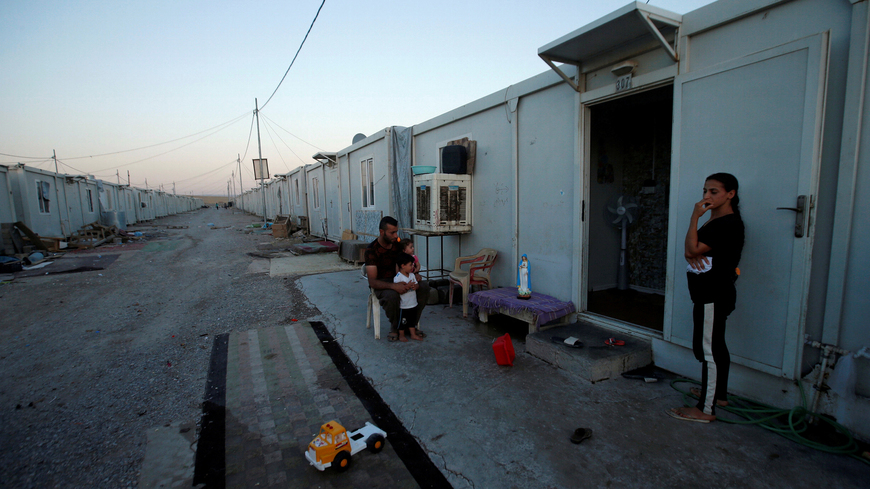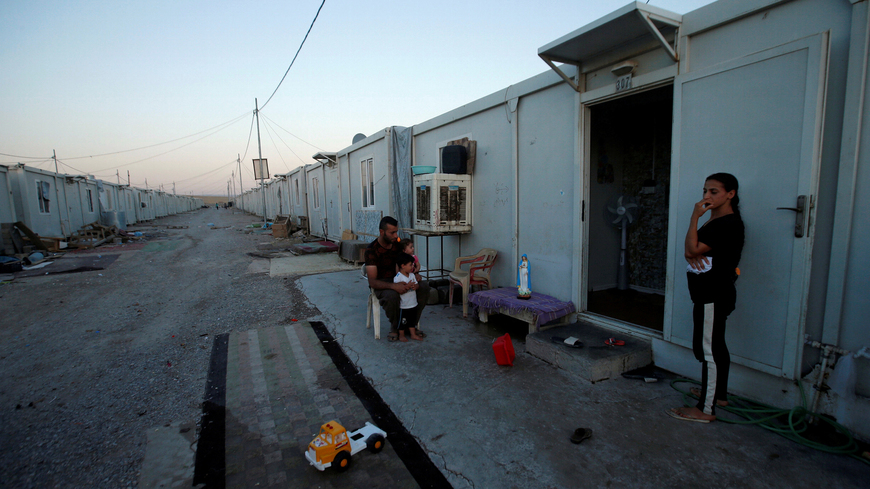Addressing Iraq’s fragility crucial to recovery from COVID-19 pandemic
Failure to address Iraq’s multi-faceted fragility could lead to an increase in extreme poverty across the country, according to a new report released today by the United Nations Development Programme (UNDP) in Iraq.
Impact of the Oil Crisis and Covid-19 on Iraq’s Fragility explores the major dimensions of fragility – economic, environmental, political, societal, and security – and their impact on Iraq in the context of the current COVID-19 pandemic and resulting oil crisis.
The paper is the first in a series of policy papers that UNDP will issue on the impact of COVID-19 on Iraq. It provides key recommendations to support the Government of Iraq, local development actors and the international community develop strategies that enable Iraq to recover from the devastating effects of the pandemic.
“In fragile countries, social safety nets are weak and insufficiently address the basics needs of the most vulnerable groups in society. This ultimately results in deeper social inequalities,” says Resident Representative of UNDP Iraq, Zena Ali Ahmad.
“For Iraq, decades of conflict have hampered the country’s stability and stunted its prosperity. The onset of COVID-19 and the oil crisis exacerbated existing fragilities in the country.
“The different dimensions of fragility explored in this report emphasise that Iraq’s fragility is not a result of one single event; it involves a number of intricate factors that have collectively impacted every aspect of the country’s development, and these must be closely considered when charting the path to Iraq’s recover from the pandemic.
“Tackling Iraq’s fragility by addressing these main drivers is critical to achieving Agenda 2030 and getting Iraq back on a prosperous and tangible development trajectory. We hope this policy paper is a useful tool for partners to shape effective policies for post-COVID-19 recovery in the country,” she adds.
The policy paper, which applies a multidimensional concept of fragility based on the methodology developed by the Organisation for Economic Co-operation and Development (OECD), was developed in consultation with UN agencies in Iraq, notably the Food and Agriculture Organization of the United Nations (FAO), the International Organization for Migration (IOM), the International Labor Organization (ILO), the United Nations Population Fund (UNFPA), the United Nations Children’s Fund (UNICEF), the United Nations Entity for Gender Equality and the Empowerment of Women (UN WOMEN), the World Food Programme (WFP) and the World Health Organization (WHO).
UNDP’s upcoming policy papers will cover the themes of: social protection, macro-economic stability, social cohesion, and household vulnerability.
Impact of the Oil Crisis and Covid-19 on Iraq’s Fragility is available on the UNDP Iraq website
(Source: UNDP)


